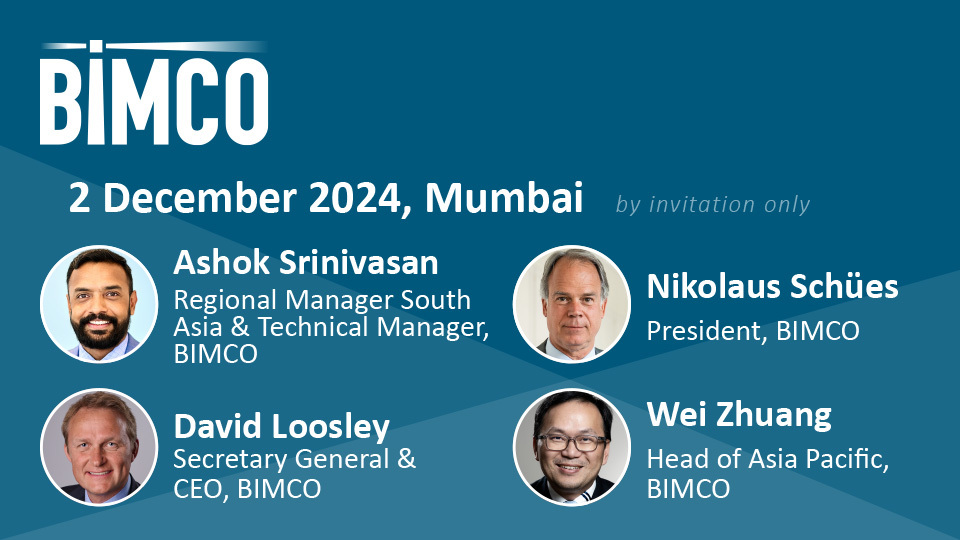Enhanced guidance to PSC officers prepared by IMO HTW 4
Overview
Port state control
The HTW discussed cases where Port State Control (PSC) officers had misinterpreted the International Convention on Standards of Training, Certification and Watchkeeping for Seafarers (STCW). STCW sets qualification standards for masters, officers and watch personnel on seagoing merchant ships.
A new interim IMO circular was agreed. It will provide guidance to PSC officers about:
- requests for documentation during inspections or surveys that is not required by the STCW to avoid significant and unnecessary administrative burdens the shipping industry
- inconsistencies in interpretations regarding the status of IMO model courses, which are non-mandatory
- misinterpretations of the training and familiarisation provisions for Electronic Chart Display and Information Systems (ECDIS) as required by the STCW Convention
- the introduction of four new certificates in regulations II/5 (able seafarer deck), III/5 (able seafarer engine), III/6 (electro-technical officers) and III/7 (electro-technical ratings) in the 2010 Manila Amendments to the STCW to avoid misinterpretation of the applicable provisions .
The circular was made interim because it needed to be issued quickly due to the urgency of the guidance. The Maritime Safety Committee (MSC) will be asked approve the circular where after it will become ‘a normal circular’.
Two watch system
The two-watch system where the master and chief officer are the only watch going personnel ,was discussed in detail. The HTW has been asked to consider the elimination of the master/chief mate two-watch system, and to ensure that a ship's master is not considered part of the normal watchkeeping capability of the ship. The proposal was rejected for different reasons:
- Member states believed the SOLAS Convention, chapter V, already ensured that a ship was sufficiently, effectively and efficiently manned. Based on information from the owner taking into consideration the trade of and equipment on the ship, the administration would determine the minimum safe manning of ships taking into consideration, maritime safety, security and protection of the marine environment.
- It was also argued that a change like the proposed would only be possible if the MSC accepted a new item on IMO’s work programme.
Information about seafarers training
A new module in the Global Integrated Shipping Information System (GISIS) which includes information about training, seafarers’ certificates etc. will be developed by the IMO. On the degree of transparency, HTW 4 agreed to include three types of transparency references in the document: "Public", "All Parties" and "Restricted". Organisations like BIMCO will be able to read the public part. It was noted that no information in the framework was categorised as "confidential" and thus such a level was not included.
Fatigue
Last year the HTW 3 established a correspondence group to review the proposed amendments to the Guidelines on Fatigue (MSC/Circ.1014). Fatigue is defined as a state of physical and/or mental performance impairment, resulting from factors such as inadequate sleep, extended wakefulness, circadian phase and physical, mental or emotional exertion that can impair alertness and the ability to safely operate a ship or perform safety-related duties. It represents a major risk because it may affect most aspects of a seafarer's ability to do their job effectively and safely.
The work on the guidelines progressed well but due to many amendments the work will be continued next year at HTW 4.
Feedback or a question about this information?
VPS Bunker Alerts
Veritas Petroleum Services (VPS) publish regular Bunker Alerts based entirely on fuel samples and have kindly permitted BIMCO’s Members to access this information.
The Bunker Alerts are not intended to be an evaluation of overall bunker quality in the port or area concerned, but usually highlight a specific parameter within the fuel which has raised a quality issue.
Latest ice reports for members
Latest piracy reports
Latest industry releasable threats
ELSEWHERE ON BIMCO
Contracts & Clauses
All of BIMCO's most widely used contracts and clauses as well as advice on managing charters and business partners.
Learn about your cargo
For general guidance and information on cargo-related queries.
BIMCO Publications
Want to buy or download a BIMCO publication? Use the link to get access to the ballast water management guide, the ship master’s security manual and many other publications.
About a new business partner
We can help members check new business partners. We also help to recover millions of USD (undisputed) funds every year.





